Why Ranil is a Legitimate President - An Outsider’s View
Dr. John Dixon
I have been a keen observer of Sri Lankan politics for over 40 years, and both observed and cheered from afar the ‘Aragalaya’ and its lofty ideals of asking ‘Gota’ – the leader who took Sri Lanka to economic bankruptcy – to go ‘home’.
However, I was shocked at how quickly vested political interests took over the cause – which ultimately resulted in the trashing of public places and even the setting fire of mainstream politicians’ private homes.
Having observed first-hand how quickly in 1975 it took just one day for Pol Pot to overthrow the ruling military government in Cambodia – which ultimately caused the deaths of more than one million people from forced labour, starvation, disease, torture, or execution while carrying out a program of radical social and agricultural reforms – I feared that Sri Lanka would quickly go down that same violent pathway.
Therefore, given the violent mood of the masses, it is to the credit of then acting President Ranil Wickramasinghe that a semblance of law and order was restored.
Now vested political interests and their controlled media are shouting, “Ranil Go Home!”
The three main reasons for this are that many are questioning the legitimacy of Ranil Wickremesinghe’s appointment as President; his incompetence in leadership positions on six previous occasions; and the suspicion that he may have cut a deal with previous regime in order to get the Presidency.
“Undemocratic” … “He does not have the Mandate of the People” … “He used a loophole in the Constitution” …, “He is a puppet of the Rajapakse’s” …, etc.
Let me deal with each of these three accusations.
Lack of Mandate of the People
It is factually correct that Mr. Wickramasinghe was voted as President with only 134 votes in a Parliamentary vote when the previous President garnered about 6.9 million votes in a Presidential election.
But this not the first time this has happened in a democracy.
For example, in the year 2000, George W. Bush became the President of the USA with just 5 votes – when the Republican appointed U.S. Supreme Court judges voted to stop a disputed count in Florida. It was later shown that Al Gore won that State and also the popular vote nationally. However, no one in that beacon of modern democracy, including Al Gore, shouted from the pulpits that Bush’s Presidency was illegitimate!
Today’s Sri Lankan social media’s antics are closer to Donald Trump shouting that the 2020 election was ‘stolen from him’.
Incompetence as a Leader
Another incontestable fact is that Mr. Wickramasinghe’s past performance as a Prime Minister on numerous times was mediocre at best – and that the Central Bank Bond Scam was perpetuated under his watch. Of course, Mr. Wickramasinghe has been in Parliament since 1978, so he undoubtedly has lots of other political baggage – real and imagined – arising from his past actions.
But, in my seminars – where I teach very senior professionals about strategy and decision making – the ‘past’ is considered a ‘sunk cost’; i.e., it is irrelevant to future decision making.
In other words, the baggage that Mr. Wickramasinghe carries is all in the past; and should not be the principal driver of how one should evaluate his future potential as a President in these dire times for Sri Lanka.
Conversely, my hypothesis is that he is the right man for the job for two main reasons.
The first reason is that this very baggage he carries – i.e., being perceived as a 6–times failed leader – may spur him on to safeguard his legacy, in this seventh and final opportunity.
By his quoting of Rudyard Kipling’s poem ‘IF’ in his Presidential acceptance speech, it is evident that Mr. Wickramasinghe likes history and literature. Therefore, he will know the story of Robert the Bruce who fought the English Army six times and lost every time. One day, when he was hiding in a cave, he saw a spider trying to spin her web. The spider tried six times but failed. On the seventh attempt, the spider succeeded. The spider gave Robert the Bruce hope, and he fought the English a seventh time and won.
This is Mr. Wickramasinghe’s ‘Robert the Bruce’ moment.
The second reason why Mr. Wickramasinghe is the man Sri Lanka needs in these dire times is that he is not constrained by populous politics. We all know (and I hope he does too) that he will never win a popular election.
This is his major strength.
He does not have to give unsustainable fuel and fertiliser subsidies, build questionable infrastructure projects, and employ 1000’s of redundant government employees, etc., just to get their vote.
Secret Deals with the Rajapakse’s
To a casual observer, it is inconceivable that Mr. Wickramasinghe could be elected President with just one seat in Parliament unless a ‘secret protection deal’ was entered into with one or more members of the Rajapaksa family.
However, this does not make sense if one closely follows the events of the day that led to his appointment as acting Prime Minister (which eventually led to his appointment as President via a legitimate constitutional route).
It must be remembered that Mr. Premadasa, the leader of the Opposition, was first offered the job of PM. No one has ever said that Mr. Premadasa was asked to enter into a secret deal prior to him being asked to be PM, nor has Mr. Premadasa ever alluded that he declined the job because of such a deal.
If such a ‘secret deal’ was required prior to being appointed PM, then why was Mr. Premadasa asked first?
Clearly, Mr. Premadasa made a blunder by not accepting the offer, and then Mr. Wickramasinghe took the opportunity presented to him on a platter. This is not a crime.
In my opinion there is no ‘secret deal’. However, Mr. Wickremesinghe must show the public that this is so by undertaking a full investigation of the major projects commissioned under the Rajapaksa regime; and also undertake a tax-audit of the ‘new-rich’ multi-millionaires that emerged during that time.
It is only if this is done that the public can be convinced that there was no secret deal, and that he is not a puppet of the Rajapakse’s protecting them.
Mr. Wickremesinghe has two years to build his legacy and he has the power to do what is right for the country. The ball is in his court.
Professor John Dixon is a prolific author of books on Asian Politics.
-
Well analysed Article
Friday, 19 August 2022 07:13 AMAbsolutely correct
Likes : 0 Dislikes : 0



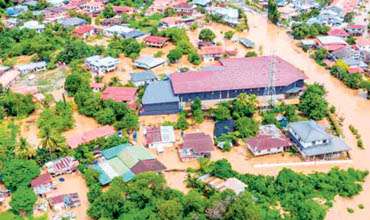
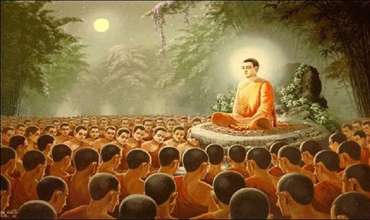
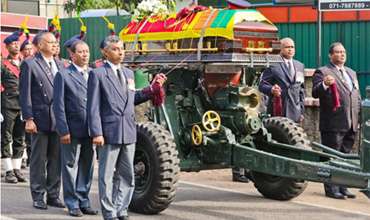
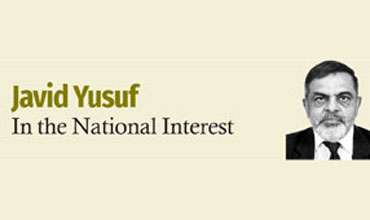

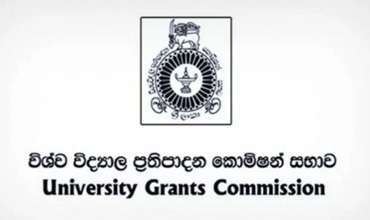
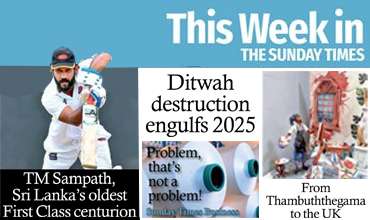
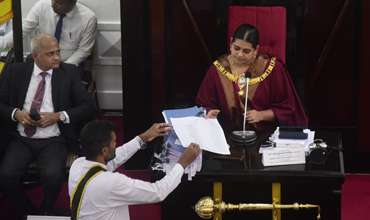
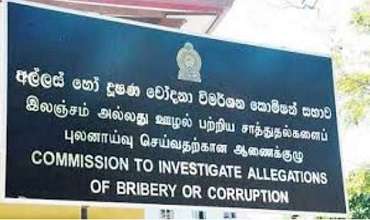

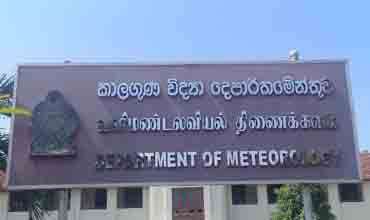

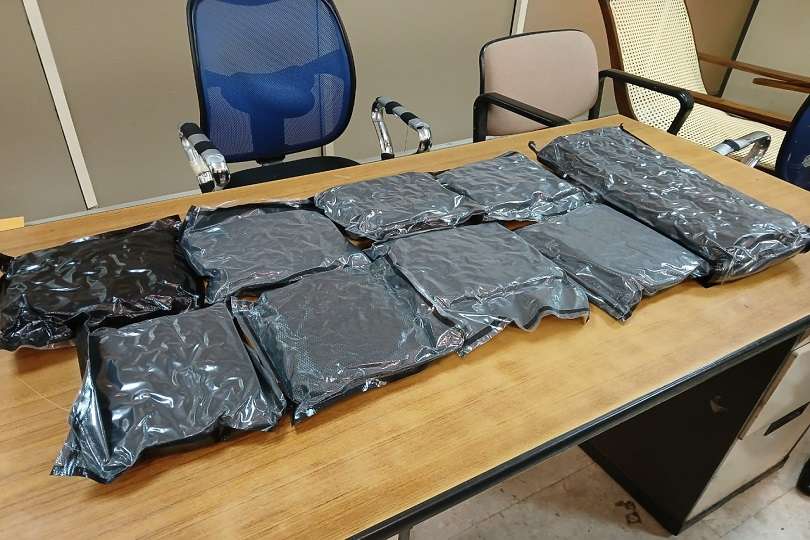
Leave Comments